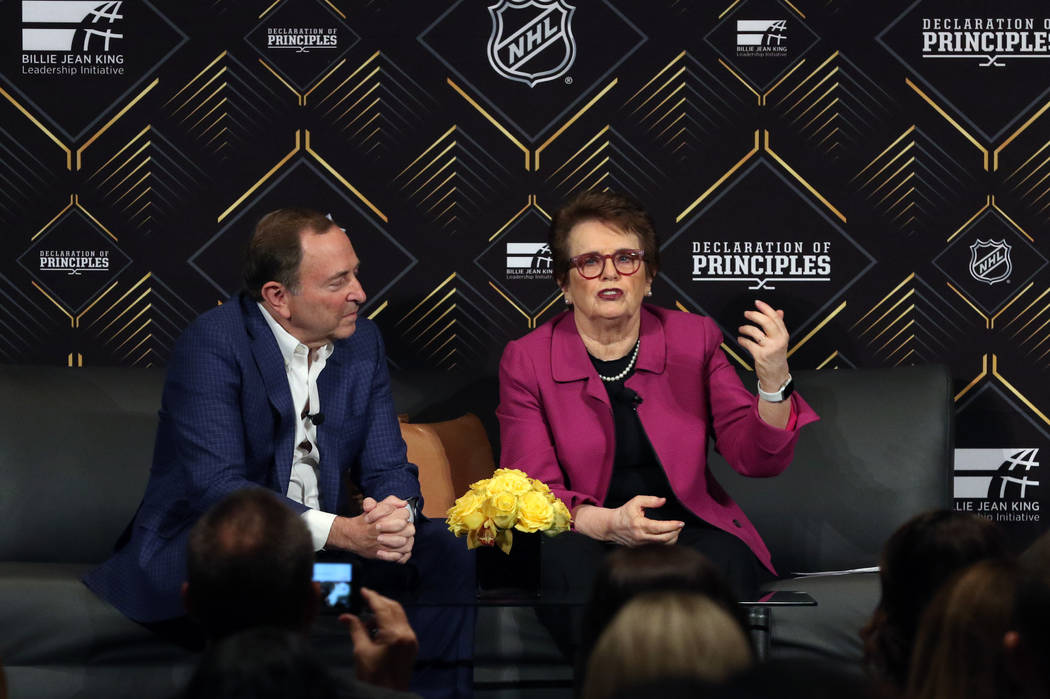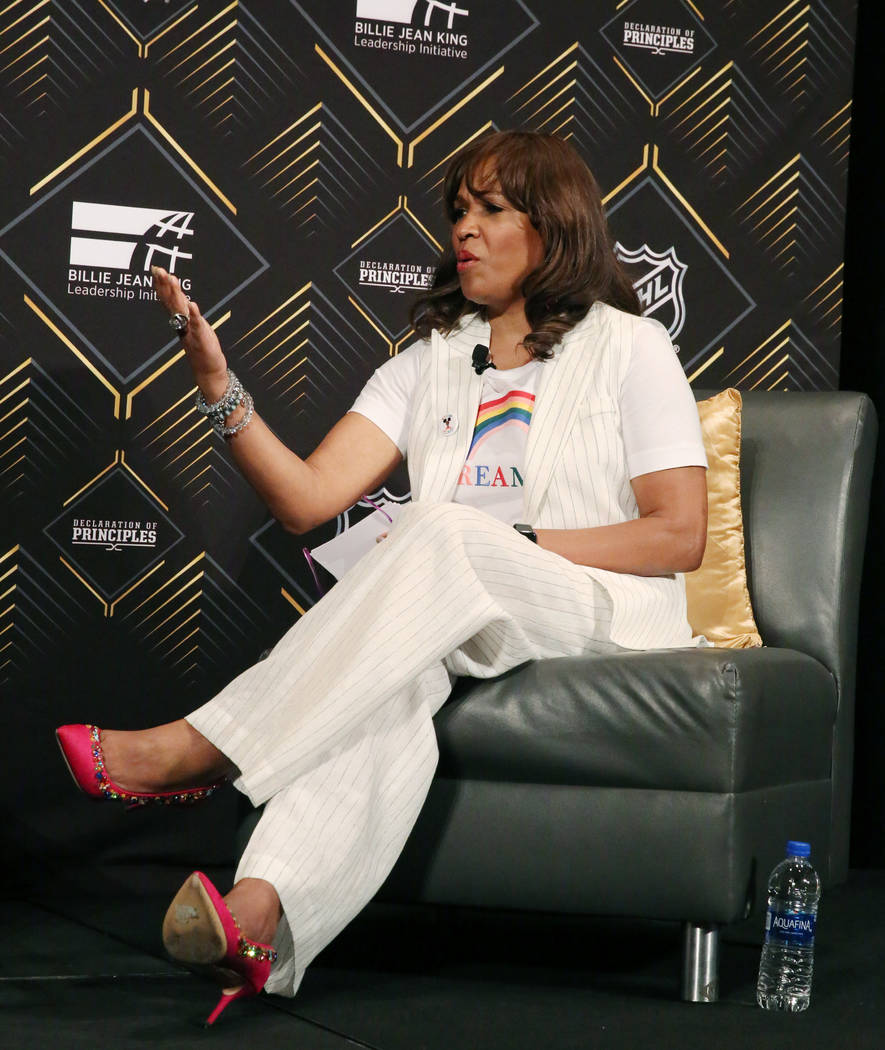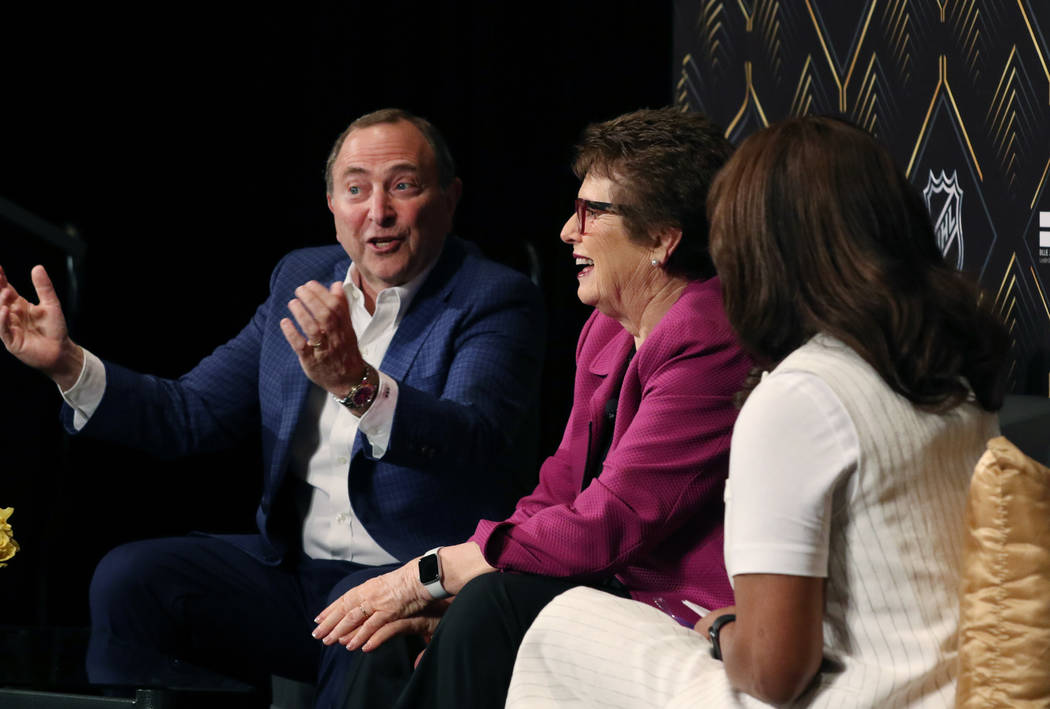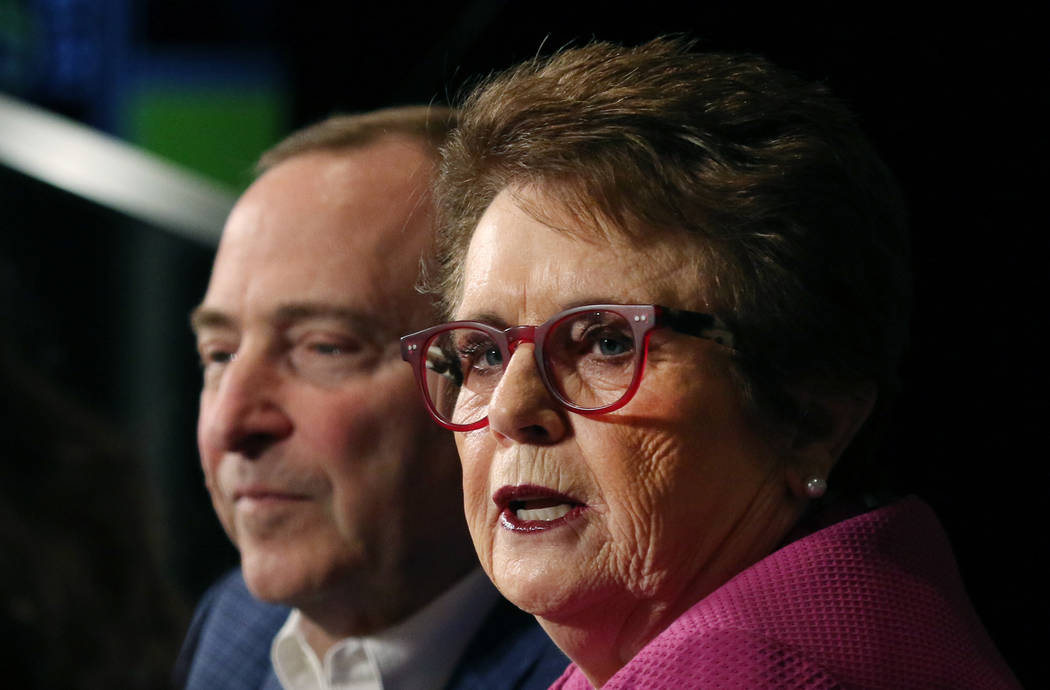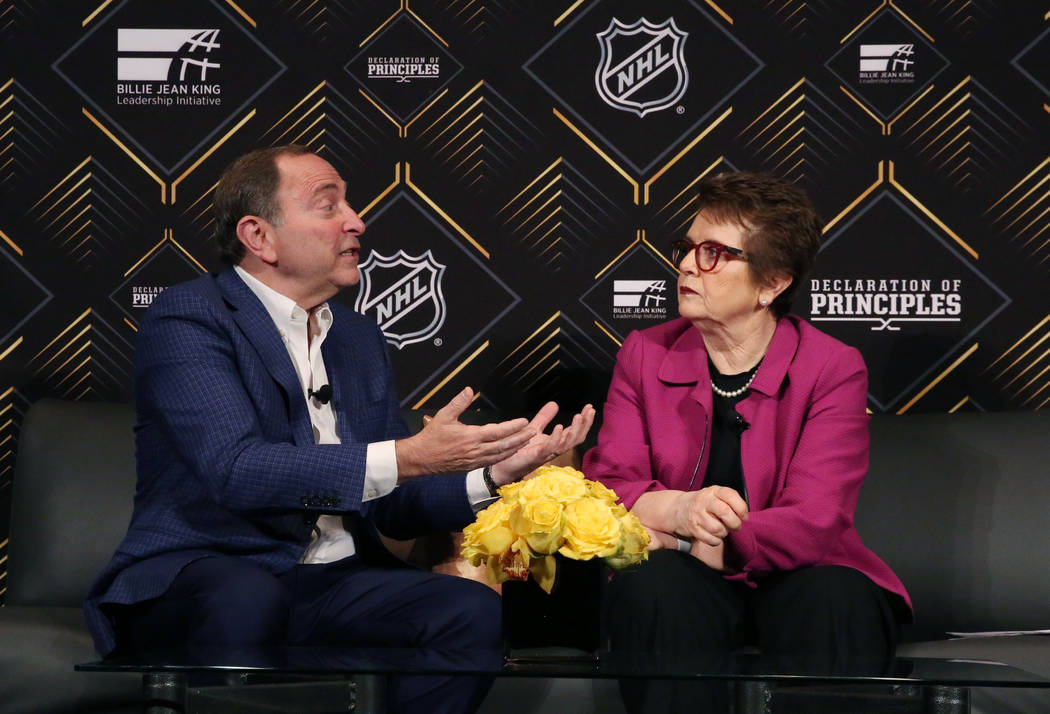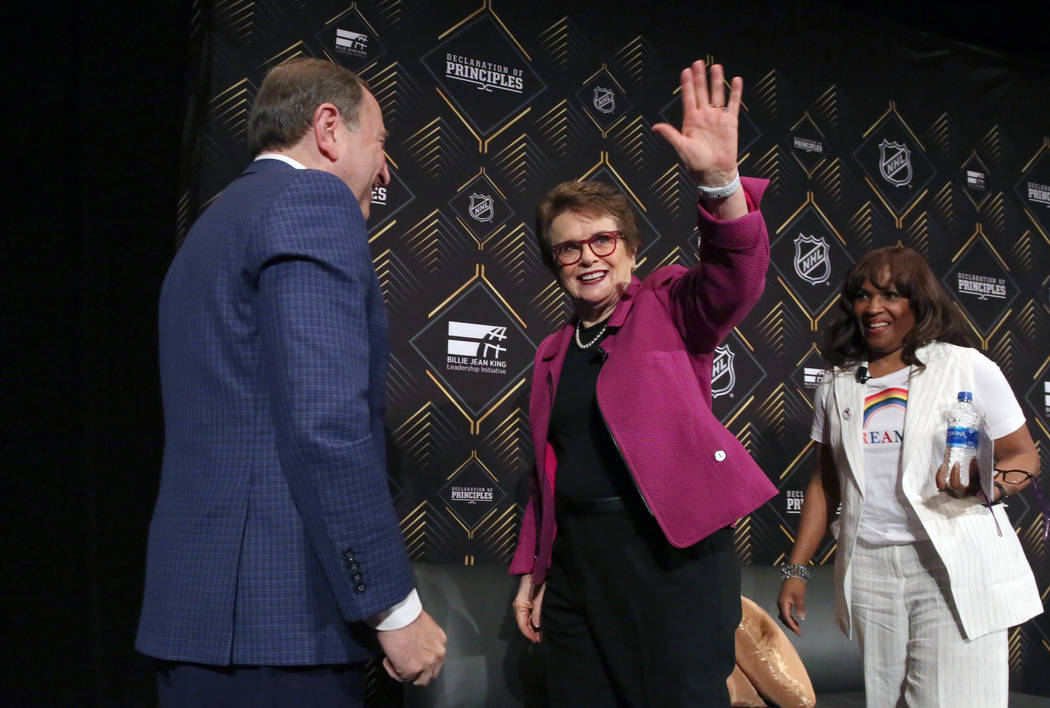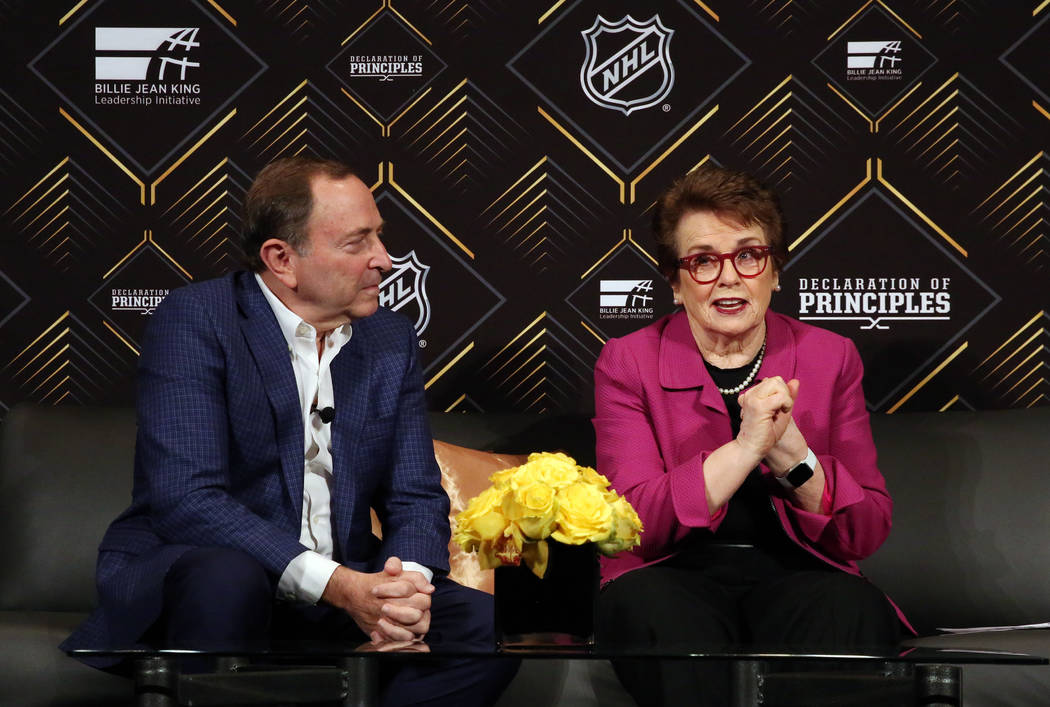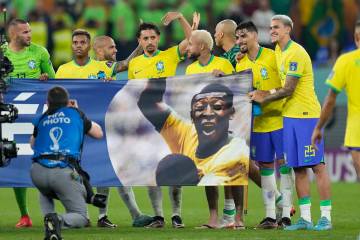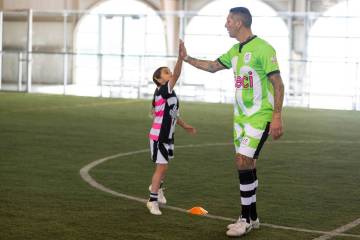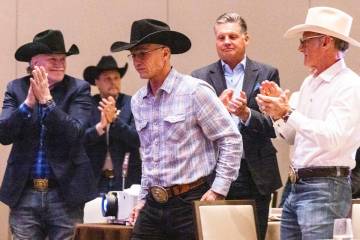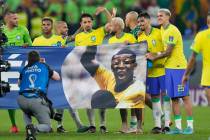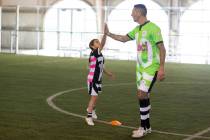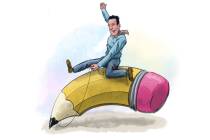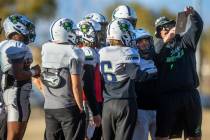NHL, Billie Jean King announce diversity partnership
During the 1992 NHL preseason, an aspiring 5-foot-7-inch, 130-pound goaltender tucked her long hair into a Tampa Bay Lightning sweater, skated onto the ice and made history. Manon Rheaume played one period against the St. Louis Blues, allowing two goals on nine shots.
The next preseason, she got into another game and gave up two more goals in a period to the Boston Bruins. She would briefly play for several minor league teams after that, including the 1994-95 Las Vegas Thunder. Manon Rheaume aroused curiosity, and then she told hockey stories on late-night TV with David Letterman.
But other than Kate Smith singing “God Bless America” before Philadelphia Flyers games during the Broad Street Bullies era, that was about it for women in the NHL until recently.
Front-office hirings and other initiatives have made hockey more accessible to women and minorities. But as was learned from the refereeing during the Stanley Cup playoffs, the NHL believes it can do better.
It has joined with women’s sports pioneer Billie Jean King in forming a partnership focused on advancing diversity and gender equality across hockey and showcasing the NHL’s commitment in those areas. The agreement was announced Tuesday at Encore during the NHL’s Advancing Equity Summit, at which commissioner Gary Bettman appeared with the tennis legend.
Their informal chat on a large sofa got off to a stunning start: When Bettman was introduced to the mostly female audience at the Beethoven ballroom, there was nary a boo.
Promoting women
“Based on the reception I got in Boston after Game 7, I know that was for you,” hockey’s chief executive said with a nod to the winner of 39 Grand Slam titles.
A handbill placed on each seat along with a foam puck outlined the mission statement of the partnership: “From the locker room to the board room, we understand that our future is linked to the continued development and promotion of women in all aspects of our sport …”
There is evidence it’s already working. Seated next to Bettman and King on an easy chair was Kim Davis, an African-American woman whom Bettman hired as an NHL executive vice president in 2017. Davis moderated the 30-minute chat.
Billie Jean did most of the talking. Growing up in Long Beach, California, she said she first became aware of hockey with the arrival of the expansion Los Angeles Kings in 1967. By then, she already had crossed the advocacy blue line with a full head of steam.
She had a revelation at the Los Angeles Tennis Club when she was 13.
“White clothes, white balls, everybody who played was white,” said the 75-year-old King, called the most important person in the history of women’s sports by fellow tennis icon John McEnroe. “I asked, ‘Where is everybody else?’
“I love history, and I think that had a lot to do with it. But I promised myself that day that through tennis — even though I was a girl and I was going to have a harder road — that I would fight for equality for the rest of my life.”
Making a living
King spoke of women’s tennis in the 1970s, when she and eight others broke away from a men’s establishment trying to squeeze them out. They formed the Virginia Slims Circuit, which evolved into the Women’s Tennis Association Tour, still wildly popular to this day.
“We wanted any girl born in this world, if she was good enough, to have a place to compete,” said King, who defeated loudmouth Bobby Riggs in the celebrated “Battle of the Sexes” in 1973. “That she be appreciated for her accomplishments and not just her looks. And most important, because we were making $14 a day, was to make a living playing tennis.”
King acknowledged U.S. women’s hockey gold medalists A.J. Mleczko and Angela Ruggiero, who participated in the summit discussion. Mleczko is an NHL analyst for NBC, but neither she nor Ruggiero was able to play pro hockey for a decent wage.
“The NHL is an amazing opportunity. Different sports, same story,” King said. “That is my prayer for women’s hockey. That some day we’ll have a league that is sustainable in many, many cities and maybe countries, and that girls can have a (hockey) dream, too.”
Bettman was first to applaud Billie Jean, and they were ushered off the stage with a standing ovation.
You could almost hear Laura Branigan singing “Gloria.”
Contact Ron Kantowski at rkantowski@reviewjournal.com or 702-383-0352. Follow @ronkantowski on Twitter.



